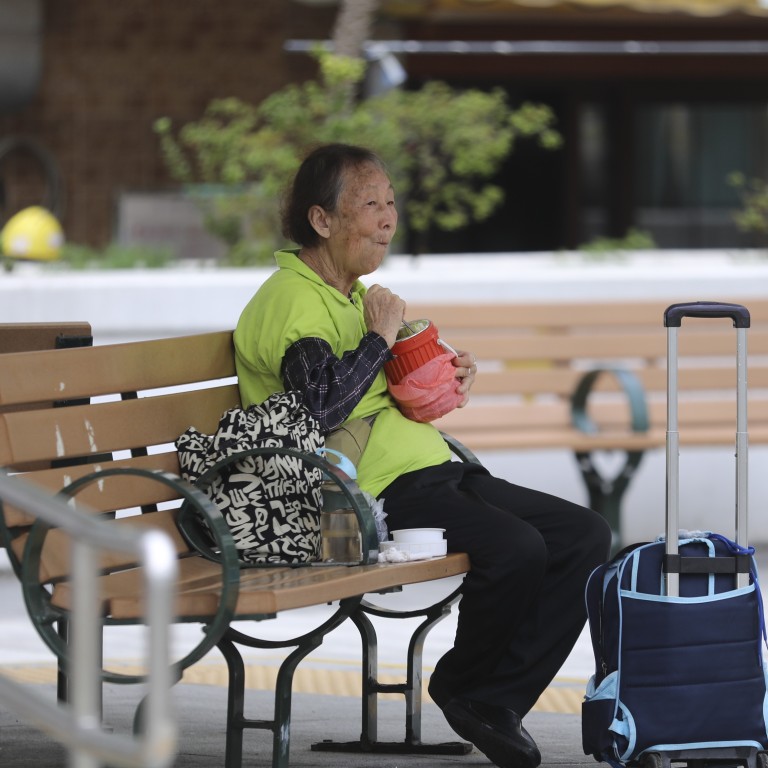
When retirement is not rosy: empty nest syndrome, idle time and inadequate policies give Hong Kong’s elderly the blues
- Experts advise mixing things up in one’s twilight years and keeping the mind active, but it also starts with society recognising value in the aged
- Silver tsunami will see a third of city’s population aged over 65 by 2036
Forced to retire early in 2012 after running into problems at work, Pius Leung Kwok-kwong, then 48, spent the following three months in isolation.
“Everyone was at work, so nobody had time to chat,” the former workplace trainer recalls. Married without children, Leung’s relationship with his wife, who works in the financial sector, soon hit a rough patch because she felt helpless about his lack of direction.
He spent most of his time at home, watching television, and trying to decide whether to go back to work. He recalls asking himself: “If I find a new job, how many years will I be able to put into it? If I retire now, what will I do for the next 20 to 30 years?”
Some days, he would venture out of his Hung Hom home to shop on Apliu Street in Sham Shui Po and at computer centres in Mong Kok. Leung enjoyed picking up cheap finds such as USB cables, and the freedom to go wherever he wanted, whenever he desired.
‘If I can open my eyes, I’ll keep dancing’: ballerina, 70, relives childhood dream
But that did not last long. He realised he was becoming bored and reclusive. “There was nothing more I could buy, and I was seeing the same things week after week. It started to get depressing.”
Then he snapped out of his post-retirement blues. He started freelancing as a soft skills trainer, pursued his passion for running, and eventually got certified as a retirement coach to help others like him.
Now 55, Leung says: “I’m a lot happier and relaxed now, and my relationship with my wife has definitely improved.”
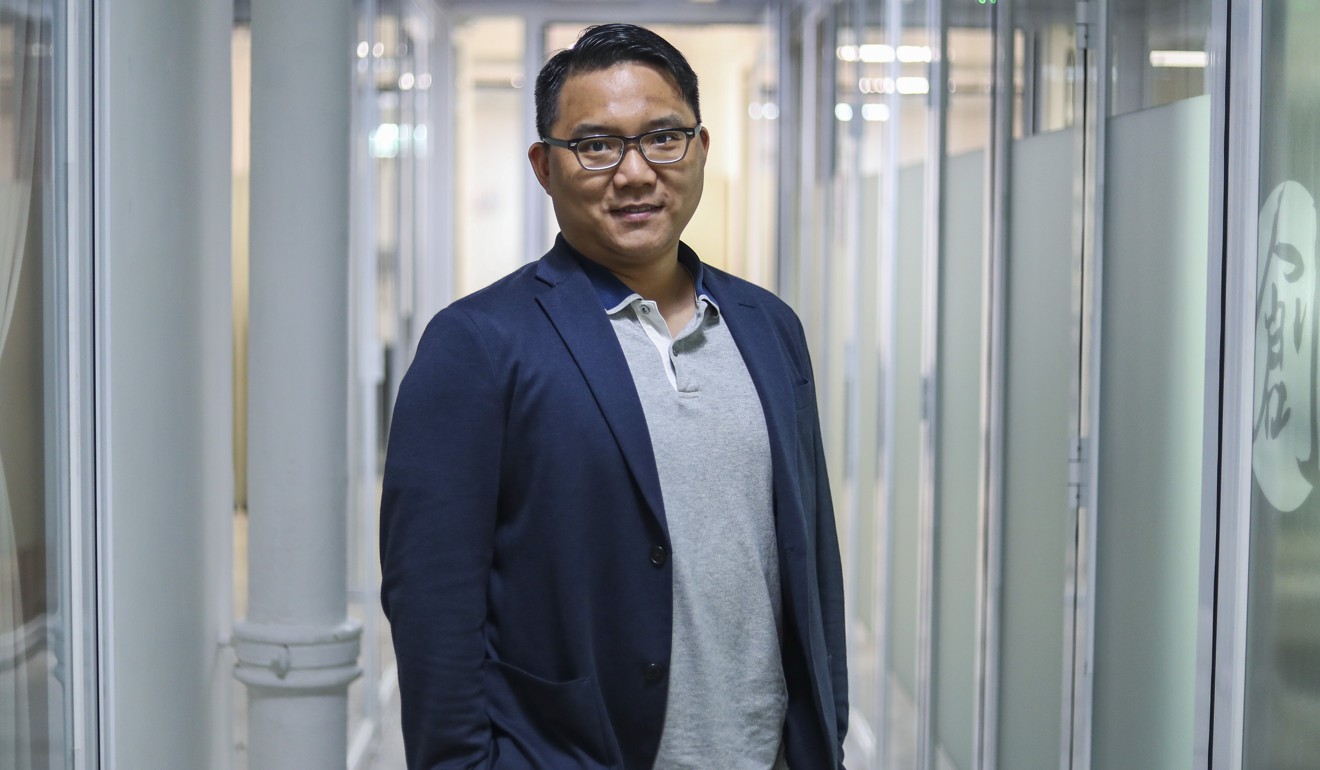
A survey of 490 retirees and semi-retirees earlier this year found that more than one in 10 did not know what to do with their time, and of those in their early 50s and 60s, respondents aged 56 to 60 were the unhappiest and loneliest.
The survey was conducted by Happy Retired, an online platform that lists activities, events, advice and jobs for retirees.
Retiring at 60? Think again – we’ll work longer, population projection shows
Its founder and CEO, 37-year-old Ryan Yeung Ming-yin, believes those aged 56 to 60 felt worst because their health had begun to decline, the children had grown up and they were experiencing the empty nest syndrome, or they were uncertain about the future.
“If you don’t plan properly for retirement, you won’t know what to do with the rest of your life when you retire,” Yeung says. “And as society doesn’t give ‘young-olds’ the right support and opportunities, their talents and experiences are just going to go to waste.”
If you don’t plan properly for retirement, you won’t know what to do with the rest of your life when you retire
Official data projects that the number of people aged 65 and above will more than double to 2.37 million over the next 20 years. By 2036, more than a third of Hong Kong’s population will be over 65.
The rapidly ageing population means planning for retirement and old age has become more important than ever.
While groups like Happy Retired and some older adults are taking an active role in this process, they believe the government and society need to do more in the long run.
‘Sitting around waiting for death’
“From the public health perspective, there is evidence to show that active participation in intellectual, social and physical activities are all beneficial for preventing health problems such as dementia and depression in older adults,” says Dr Vivian Lou Wei-qun, director of the University of Hong Kong’s Sau Po Centre on Ageing.
“But stereotypes on ageing persist. In Hong Kong, it’s still a taboo to talk openly about ageing problems, such as illnesses and disabilities. This could discourage older adults with these issues from participating actively in society.”
Life after work: city workers’ retirement savings fall short by about HK$2 million
Happy Retired’s Ryan Yeung, who studied business in university and held a government administrative job, was inspired to create his online platform in 2014, after his father retired at 59 from a career in administration.
Yeung recalls: “Every morning, he’d go downstairs for a walk, then return home and turn the TV on. But there would be nothing good to watch, so he would lie down and do nothing. When your retirement is not well-planned and you have no social life, it’s almost like you’re sitting around waiting for death.”
When your retirement is not well-planned and you have no social life, it’s almost like you’re sitting around waiting for death
His father’s daily routine went on for years, and he showed signs of depression. Now 67, Yeung’s father has late-stage dementia and requires professional care.
“Sometimes, I wonder if my father would’ve been less depressed if he found new hobbies and friends, or if a platform like ours had appeared 10 years earlier,” Yeung says.
In 2014, Yeung noticed that retirees in their 50s and 60s typically would not participate in activities for the elderly at welfare organisations, but still liked to stay active by doing part-time and freelance jobs.
Hong Kong faces challenge in how to manage its ageing population
He left his job to create Happy Retired, which lists activities such as exercise and music classes, workshops on financial planning and health, as well as jobs for older people. The platform now has more than 30,000 monthly active users mostly aged 55 to 65.
“I realised there would be a huge social problem if retirees didn’t spend their time wisely. They might find the next 20 to 30 years quite difficult,” he says.
Yeung believes the secret to a happy retirement is mixing things up: “Our happiest members split their time between part-time work, personal interests, friends and family.”
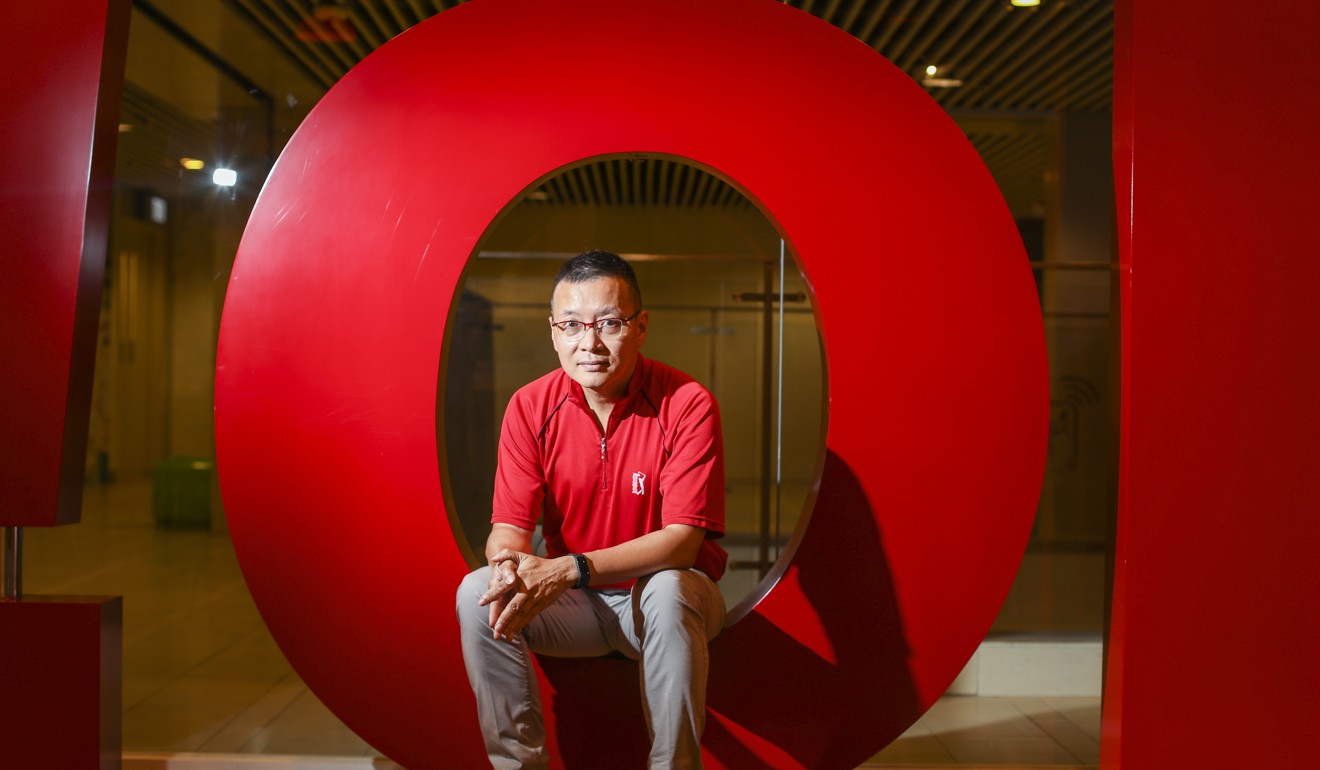
That is how Kelvin Chan Che-wing, 55, is living life after retirement. He worked in sales and marketing at a publishing company before retiring in 2014 to care for his ailing father.
Chan is an active member of the Senior Citizen Home Safety Association, a charitable organisation which promotes quality living for the elderly. He teaches older people to use technology, participates in activities such as e-sports and has even acted in a short film. He volunteers at the Red Cross, and takes courses in golf, tai chi and investment, besides spending time with friends and family.
“I did lose contact with former clients and colleagues, but I realised it’s up to me to be proactive in staying in touch with other people, or I’d end up sitting idly at home, alone,” says Chan, who now lives off income generated by his investments.
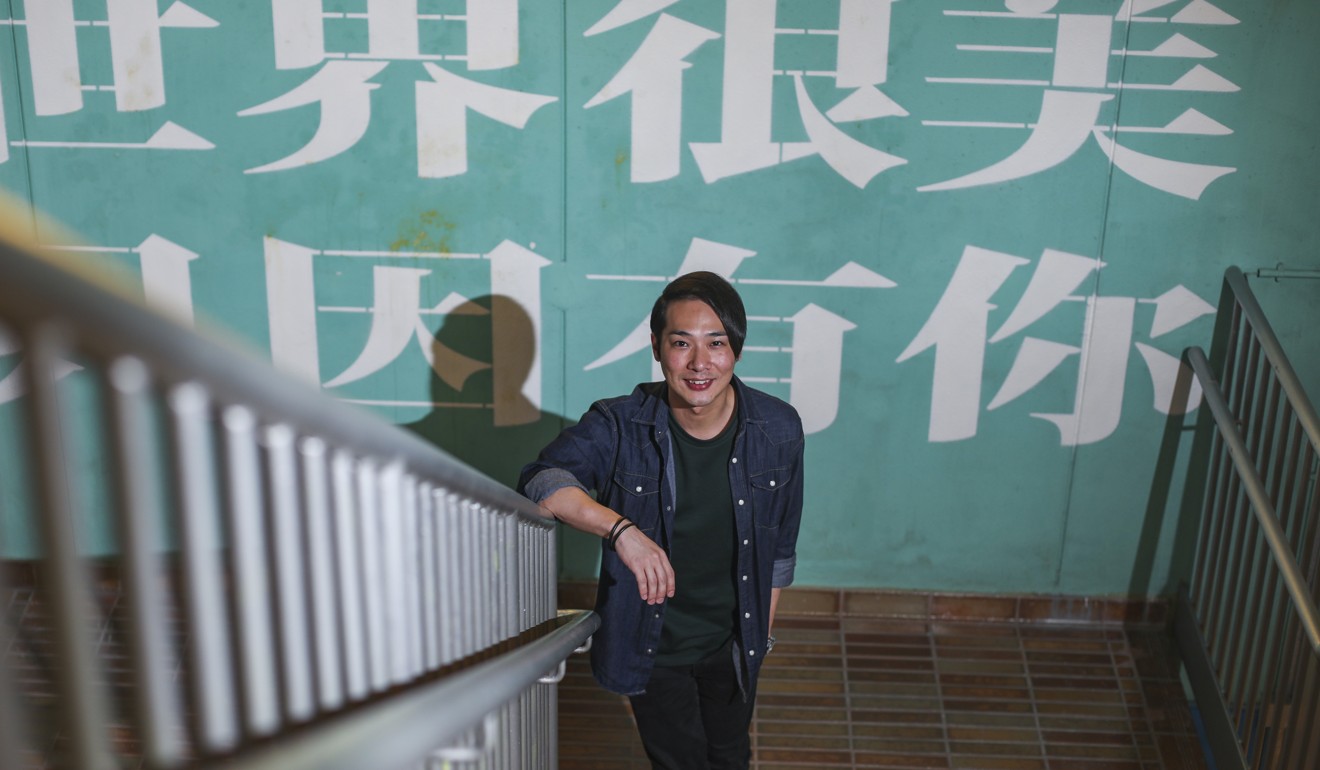
Christ Ho Tin-yan, a 33-year-old social worker at the Senior Citizen Home Safety Association, says: “Older adults often tell themselves they are too old to try new things. But if they stop telling themselves that, and try applying their knowledge to new experiences, they might discover something new about themselves.”
[If older adults] try applying their knowledge to new experiences, they might discover something new about themselves
He manages the association’s Life Journey Centre, which educates visitors of all ages on the different stages of life and the experiences that come with them.
Several retirees help at the centre, showing visitors around. “They are often more patient and determined to do a good job than younger colleagues. And having lots of life experience means they can share a lot more with our young participants,” Ho says.
Recognising value in the aged
Lou of HKU says while retirees today are generally more qualified than previous generations, opportunities currently available to them often do not require much skill.
“Age discrimination is still quite serious in Hong Kong, so retirees and senior citizens might face difficulties finding jobs, or volunteer opportunities that require intellectual input,” she says.
“As a society, we need to look at how we can show educated retirees how they can contribute their experiences through entrepreneurship, mentoring, and even alternative careers to support the active ageing process.”
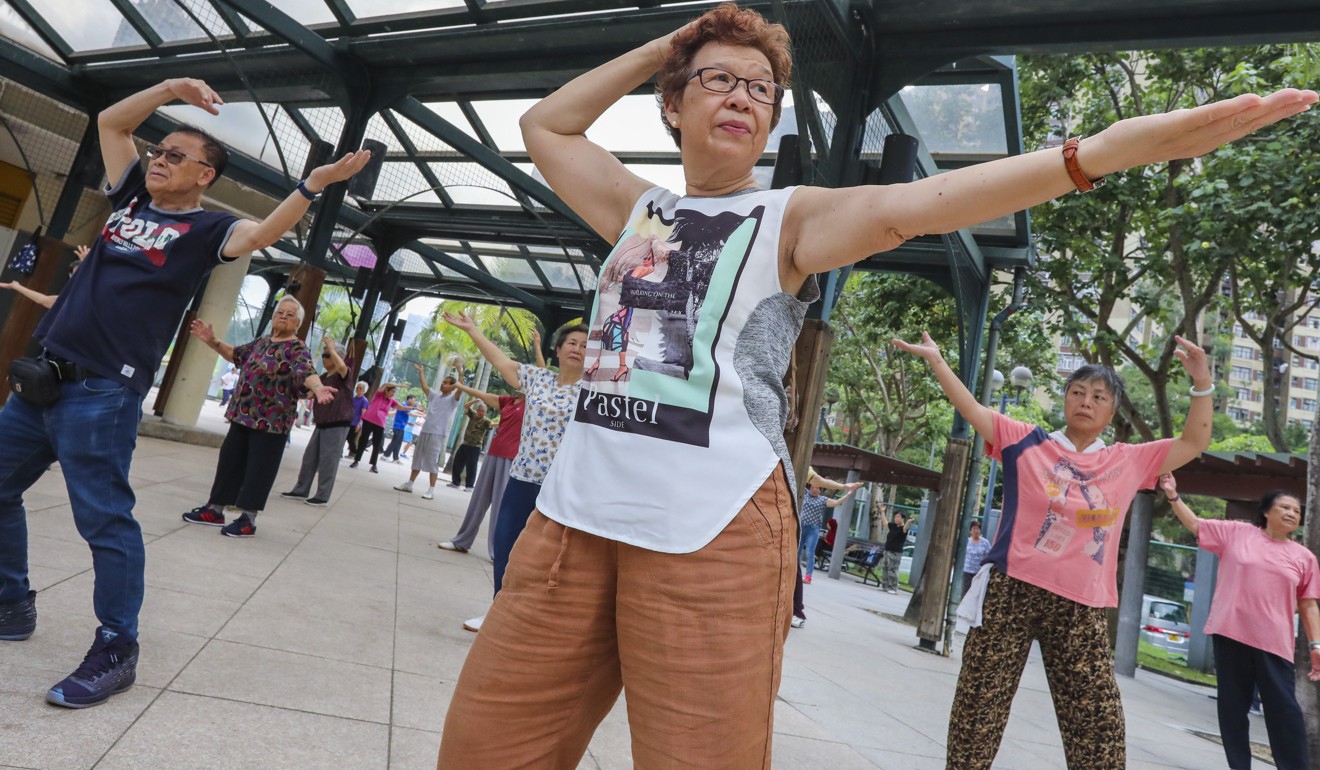
After retiring last year from her 30-year accounting career, Ada Leung Mun-ling, 60, picked up floral arrangement and became a certified instructor.
“I feel valued and happy when my students keep coming back because they think I’m a good teacher,” she says. “I can still contribute to society, and the fact that people recognise it is what keeps me going.”
Leung, who is married with no children, tried applying for part-time accounting jobs after retiring last July, but was turned down every time. She suspects it was due to her age.
Like Hong Kong but better: developer’s plan to lure wealthy retirees
She hopes the government will do more to encourage employers to hire older professionals like herself, and points to Singapore’s Special Employment Credit scheme, which provides wage offsets of up to S$4,000 (HK$23,000) to employers who hire workers aged 55 and above.
“I don’t think Hong Kong caters to the needs of people like me,” Ada Leung says. “The government does encourage employers to hire older workers, but I don’t think it works very well.”
Although she is comfortably retired with decent medical insurance coverage, she has heard horror stories about people queuing in public hospitals for 48 hours or more. She is concerned that the situation might worsen with the ageing population.
This is something Kelvin Chan thinks about too. He is concerned that ongoing political tension in Hong Kong will hinder the city’s development, and that will take its toll on the rising number of older people.
Does Singapore’s community spirit hold key to living with dementia?
He has considered eventually migrating to places such as Malaysia or Thailand, where the cost of living is lower and Chinese communities exist.
To cope with the population shift, ageing expert Lou says the government also needs to look at ways to improve its health care system, for example, by providing more preventive care, such as cancer screenings and vaccinations, as well as improving the long-term care system.
Official data shows that in 2017, the average waiting time for subsidised residential care services at facilities such as nursing homes was almost two years.
“The government seems to believe that people are going to age healthier because they are more educated and are getting better at taking care of themselves, so there would eventually be a lower demand on long-term care. But we don’t see that happening yet,” Lou says.

